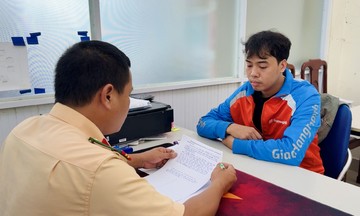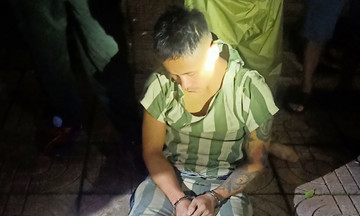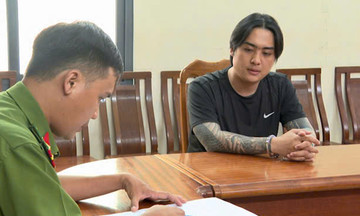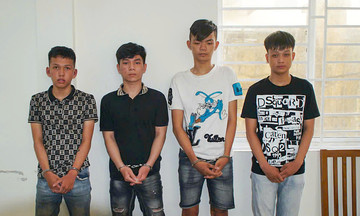In 1964, 19-year-old Choi Mal-ja was attacked in Gimhae, South Korea. Court records show that she bit off about 1.5 cm of her attacker's tongue while defending herself from being forced to the ground and kissed.
In one of South Korea's most controversial rulings on sexual violence, the man's attempted rape charge was dropped. He received only a six-month sentence for assault and threats.
Choi, however, was convicted of grievous bodily harm and sentenced to 10 months in prison.
The court declared her actions "exceeded the reasonable limit of self-defense permitted by law".
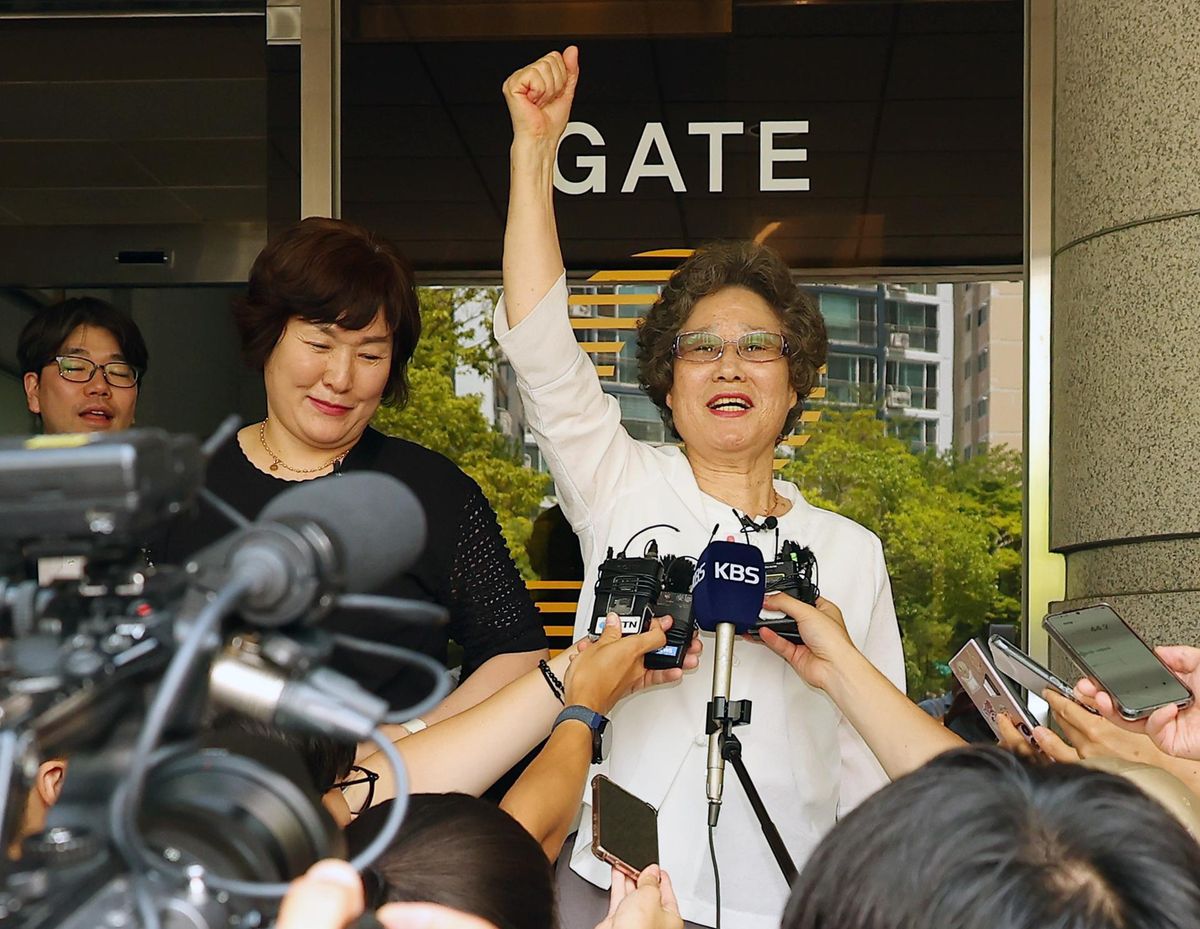 |
Choi (in white) leaves the court on 23/7 after the prosecution apologized and requested the court overturn her wrongful conviction from 62 years prior. Photo: *KBS* |
Choi's case gained renewed attention decades later following the 2017 #MeToo movement. Inspired, she sought justice.
In South Korea, widespread protests for women's rights led to advancements on issues ranging from abortion rights to stricter penalties for illegal filming. Even the international K-pop music industry saw prominent figures face trial and imprisonment.
Choi filed for a retrial in 5/2020, 56 years after the incident. Both the Busan District Court and the Busan High Court rejected her application, citing a lack of evidence supporting her claims of unlawful detention and coerced confession during the investigation.
However, after over three years, the Supreme Court found sufficient grounds to support Choi's claims. They ordered a fact-finding investigation into the retrial verdict, articles, prisoner lists, criminal case division, and enforcement division.
After years of advocacy and appeals, the South Korean Supreme Court finally ordered a retrial in 2024.
On 23/7, the Busan District Court retried the case, with the Busan High Prosecutors' Office chief prosecutor presiding. The prosecutor addressed Choi by her name instead of "defendant".
"This was an act of self-defense. It was neither excessive nor illegal. Our duty is to protect victims of crime not only from the crime itself but also from social stigma and secondary harm. In this case, the prosecution failed to fulfill that role. We sincerely apologize to Ms. Choi," the prosecutor said, requesting the court overturn her 62-year-old conviction.
Her legal team argued the case should never have resulted in a conviction, deeming it a miscarriage of justice even by the standards of the time.
"The issue isn't the evolution of social values. This was a wrong judgment from the start, and it's time for the court to correct it," the lawyers stated.
In her final statement, Choi told the court, "No judicial system can be held accountable for the dark day in 1964 that pushed me to the brink of life and death. I implore you never to forget the pain and devastation suffered by victims and their families. It's like coughing up blood."
After the hearing, Choi exited the Busan District Court with a raised fist, shouting three times, "We won!".
"For 61 years, the state has made me live like a criminal," Choi told reporters outside the Busan District Court. She expressed hope that future generations could "live in a world without sexual violence, where they can enjoy human rights and a happy life".
The case was later recorded as a "representative case where the right to self-defense was not recognized" in criminal law textbooks. It was also presented to the court as the "tongue-cutting forced kiss case" in 1995. In 2003, it was adapted into the film "Just Because You're a Woman".
The court will announce its verdict on the afternoon of 10/9.
Hai Thu (*Guardian, KBS, CBS, Maeil Business*)



